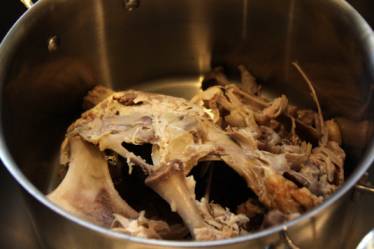Connect with a verified veterinarian in minutes. Licensed vets are available 24/7 to answer your questions. No need to worry about your furry family member.
Many of us keep aloe vera plants at home. The plants are unusual and pretty, but they also contain a gel that can help treat certain conditions. Aloe vera is also used in some OTC beauty and skincare products that are very common. It’s possible that a curious dog may try to eat aloe vera. But can aloe vera make a dog sick?
Has your dog eaten aloe vera? Are you worried the aloe vera will make your dog sick? If so, you’ve come to the right place. We understand it can be scary when your dog eats something like this.
We’ve gathered information about aloe vera and whether it can make a dog sick. Let’s get started!
What is Aloe Vera?
Aloe vera is a succulent plant that’s popular for use in home décor. The plants contain a clear gel that’s also popular in alternative medicine. There are over 420 aloe vera plant species, and it’s long been used in Native American medicine to treat a wide range of conditions. However, the leaves are also edible.
The gel inside the plants contains vitamins, minerals, and other substances that carry many health benefits.
While aloe vera gel and products are safe for humans when used as directed, what about dogs? Can eating aloe vera make a dog sick?
Aloe Vera & Dogs
Unfortunately, aloe vera is toxic to dogs. The plants contain a substance called saponin, and the gel can cause diarrhea, nausea, and vomiting in dogs. It may also lower a dog’s blood sugar to dangerous levels, leading to coma and death in some cases.

Review symptoms, medications & behavior to keep your pets healthy with a Vet Online in just minutes.
Ask a Vet Live NowSymptoms of Aloe Vera Poisoning in Dogs
You may notice these symptoms if your dog eats aloe vera:
- Abdominal pain & swelling
- Abnormal heart rate
- Breathing difficulty
- Coma
- Dark urine
- Depression
- Diarrhea
- Vomiting
- Dilated pupils
- Excessive drooling
- Lethargy
- Muscle twitches, spasms
- Seizures
- Skin irritation
- Incoordination
If you notice any of these symptoms in your dog, call the vet immediately. This is an emergency.
Treatment of Aloe Vera Ingestion in Dogs
The vet will first work to decontaminate your dog’s system by inducing vomiting, using activated charcoal, and/or gastric lavage. Next, the vet will treat any other symptoms as they arise and provide your fur baby with supplemental treatments such as oxygen and an IV with fluids.
A dog’s prognosis depends on the amount of aloe vera he’s eaten and how quickly he receives treatment. The prognosis is best for dogs that receive prompt medical care.
In the future, it’s best to keep all aloe vera plants and products out of your dog’s reach. Prevention is always the best medicine.
Connect with a verified veterinarian in minutes. Licensed vets are available 24/7 to answer your questions. No need to worry about your furry family member.

Julie
Julie is a graduate of the University of North Carolina, Wilmington, where she studied Animal science. Though contrary to the opinion of her parents she was meant to study pharmacy, but she was in love with animals especially cats. Julie currently works in an animal research institute (NGO) in California and loves spending quality time with her little cat. She has the passion for making research about animals, how they survive, their way of life among others and publishes it. Julie is also happily married with two kids.
Review symptoms, medications & behavior to keep your pets healthy with a Vet Online in just minutes.
Ask a Vet Live Now





